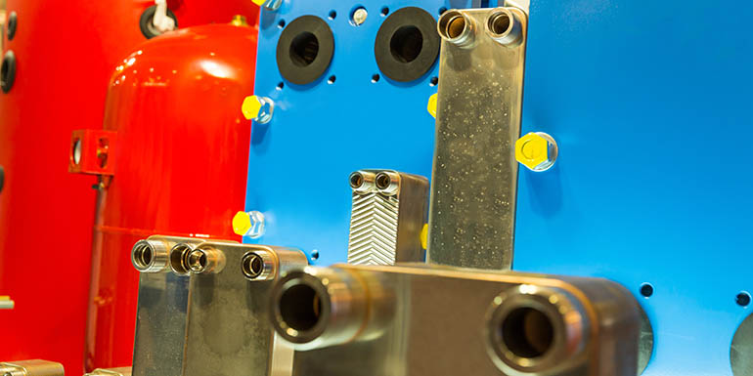
Low water pressure is one of the most annoying home plumbing issues. When your water pressure drops, it makes showers frustrating, washing dishes harder, and watering the lawn nearly impossible. At the same time, high water pressure can damage your plumbing system. What’s the right balance? And, more importantly, how do you find the correct pressure level?
To find out, you need to test your water pressure to find the ideal PSI setting. Testing your home water pressure a few times a year can help you to identify and fix problems before they worsen. Let’s review the following:
- How to Test Your Home’s Water Pressure
- The Importance of Testing Home Water Pressure
- How Plumbers Address High or Low Water Pressure
- What Problems Does Low Water Pressure Cause?
How to Test Your Home’s Water Pressure
To test your water pressure at home, you will need a pressure gauge. You can purchase this tool at a hardware store. You will need one with female hose threads, a rubber gasket, and the ability to measure up to 300 pounds per square inch (psi).
Once you have a suitable gauge, follow these steps to measure the water pressure:
- Turn off every fixture in your home. Any water moving through your pipes will impact the accuracy of the reading.
- Attach the gauge to a faucet or hose bib. Select the one closest to the water meter or well pump.
- Tighten the gauge by hand and open the faucet fully. If water leaks when you do this, turn the faucet back off and tighten the gauge with pliers. A good seal is necessary for an accurate reading.
- Look at the gauge to determine the pressure. An ideal reading is between 45 and 55 psi. Call a professional plumber if the pressure is below 40 psi or above 80 psi.
The Importance of Testing Home Water Pressure
High water pressure can lead to pipe bursts, damage to pipe connections, blowouts in flex lines, and other issues that cause water damage. At the less severe end of the spectrum, high water pressure causes excessive wear on your appliances and filtration systems, shortening their lifespan.
Because it’s so difficult to pinpoint high water pressure, it’s crucial to check for it a few times a year.
How Professional Plumbers Address High or Low Water Pressure
If your water pressure is too high or low, do not attempt to fix the problem on your own as this could create expensive damage to your plumbing. Interpreting results and determining the appropriate steps to take should only be done by a professional plumber. Below are some actions a professional plumber might take.
- If it’s too high, a professional plumber might consider installing a water pressure regulator on the water main to ensure a maximum flow of 75 psi.
- If it’s too low, a professional plumber will inspect the pressure regulator if you have one. It should be set to 50 psi by default, but they can adjust as needed to improve the flow. If a pressure regulator isn’t to blame, the municipal water utility may be delivering low water flow to your home. A professional can determine whether this is the case, and might solve it by installing a water pressure booster.
What Problems Does Low Water Pressure Cause?
We all know how unpleasant low water pressure issues are, but we rarely consider how they could damage our plumbing. Unfortunately, low water pressure can cause a lot of problems for your pipes.
The most notable issue caused by low water pressure is bacteria growth. Stagnant water is the perfect breeding ground for bacteria. Unfortunately for us, slow-moving water works similarly. If bacteria grow in your pipes, you run the risk of waterborne illnesses, which are extremely dangerous.
In addition to illness, low water pressure can lead to clogs. A steady stream of water helps clear obstructions in your pipes. If the water from your faucet is reduced to a trickle, you may experience frequent clogs. If left alone, these clogs could wear out your pipes and damage them to the same degree as high water pressure could.
Contact Mr. Rooter Plumbing for Help Troubleshooting Water Pressure Issues
For help testing your home’s water pressure or determining whether you could use a pressure regulator or booster, please call Mr. Rooter Plumbing for assistance. We can test for plumbing issues that might cause low water pressure and ensure no fixtures have been damaged by high pressure. Contact us today to schedule the services you need!

